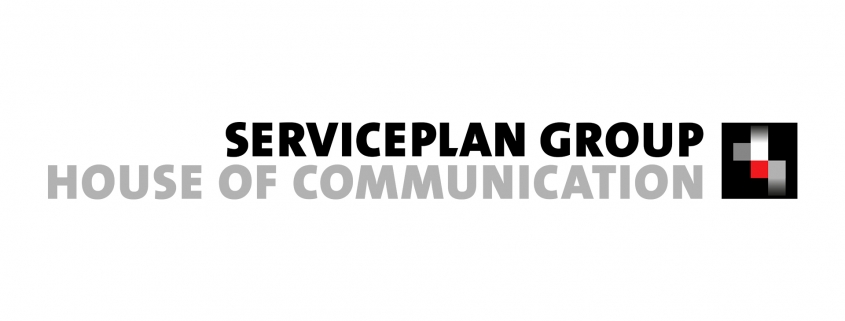- Virtual is real - 11. April 2018
- You won’t need a turtleneck to be creative - 16. August 2017
- The power of humour - 13. March 2015
- When in doubt add a pet – as long as it’s a culturally accepted! - 7. July 2014
Have you ever been in a meeting that was so boring that you fell asleep and started dreaming about happiness and milk shakes, only to be woken up by the horrible reality of you being stuck in a room with a guy reading slides to you?
The problem with people is that they are so focused on the bottom line that they end up just focusing on efficiency. I love efficiency, don’t get me wrong, it does justify what I do for living, though just because something is efficient it doesn’t mean that it’s effective. Just because something explains the details, does mean it actually gets results.
If you’re thinking “Why should I believe you fat Arabic Mr. T?” Because I’ve actually been there.
In 2008 I was working for an ad agency in Dubai, I was so excited that I had to do my first presentation to a client without any support, it would be my chance to prove myself! So I created a presentation that was a “Killer”… a killer because as I realised during my presentation, that it bored my audience to death.
But then I found out what my presentation was lacking: after the long, boring presentation the client approached me and said: “You know, you’re really good with PowerPoint.” So I said, trying to be funny: “I try to excel at it.” He smiled and asked: “Was that a Microsoft Office joke?” I replied: “Word!”
I found out later that he thought I was funny and liked me so much, that he actually convinced his team to give the campaign a shot. I never knew that people think humour in advertising is not efficient, I was actually told that using humour distracts the customer from focusing on the message and/or the product, and in the past I would’ve believed it!
Here’s what I learned: If you have a good product and you try to tell people with facts and numbers how good it is, nine out of 10 times you will lose. Humour is a great weapon that everyone can use to get a message across, comedians know that, and you can see that a comedian can tell you the most absurd and offensive thing and you accept it with a laugh. That’s the power of humour.
Today, people want their ideas to be adopted by people more than ever. The Internet has given people the hope that they can make their voices heard from all over the world. That could be anyone from advertisers to trolls. Something that psychologists have gradually come to understand is that there’s one way to make your message penetrate listeners’ defences: be funny.
But apparently, here in the Middle East, we are not good at being funny. A study done by Knowledge Point shows that in the Middle East only 6% of ads are considered funny and memorable, while in Europe and North America it’s up to 14%. This doesn’t mean that we are not funny, (at least I hope so) but I think it’s because:
a) We are not being genuinely funny, we try hard to copy others rather than creating our own content.
b) Our geographical and cultural background makes it difficult.
A joke can be hilarious to a person but the opposite or even offensive to another, depending on where he comes from. I know that there’s no way a Lebanese joke can be as funny to a Saudi for example, and vice versa.
A couple of years back I was jury member in one of the international advertising awards held here in the region, we had to look at work from all around the world. One of the challenges we faced was that we, the jury members, were from multiple nationalities, and whatever half of us found great work based on humour, the rest didn’t get it.
What –in my opinion– we actually need to do, is encourage humour in the industry. It will make creative people enjoy their work more, it will definitely boost the creativity and last but not least it will ensure that the message will get across. But for this to work it should be done on a local not regional level, where jokes become generic messages that are not funny.


